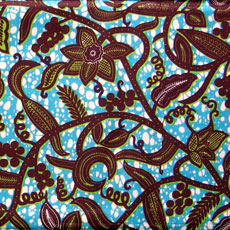capítulos de livros - 2008 / Mariza Peirano
Brazil:
Otherness in context
For a long time anthropology was defined by the exoticism of its object of study and by the distance, conceived as cultural and geographical, that separated the researcher from his or her group. This situation has changed. Even (and perhaps mostly) in the socially legitimate centers of anthropological production, the ideal of an encounter with some sort of radical alterity is no longer considered an essential dimension of the anthropological perspective. Anthropology is not about an object, it is about difference.
Of course, this viewpoint has been present in the international scene since the 1960s, but it would not surface easily in the minds of anthropologists. Despite the fact that anthropology's interest had shifted from far away (the Trobrianders, the Azande, Kwakiutl, Bororo) to less exotic places (the Mediterranean countries, for example), and then to settings and groups close by, when it really did reach "home" in the 1980s, in some quarters it turned itself to an array of studies - cultural studies, science studies, feminist studies and so on (cf. Peirano 1998).
ln Brazilian anthropology, as in Latin American more generally, difference came to refer to a plurality of notions which can be either historical or simultaneous. ln Brazil, though exoticism has never been an issue in itself, some dimension of alterity has been and continues to be a basic trait of anthropology. Briefly, a notion of otherness involving indigenous peoples and their contact with the regional population dominated the scene up until the 1960s; in the following decades, these studies coexisted with ''softer" alterities in which anthropologists turned their attention to the peasantry and then to urban contexts, until, more recently, during the 1980s, their concerns began to include social scientists' intellectual careers and production. Otherness has thus shifted from a concept of distant to minimal alterities, many anthropologists having developed interests in several kinds over the course of their academic career. The result has been a steady incorporation of new topics and an enlargement of the discipline's research universe. Today, all these modes of conceiving alterity (indigenous peoples, urban population, peasantry, social scientists themselves) live together in a pluralistic way. Leia na íntegra...

